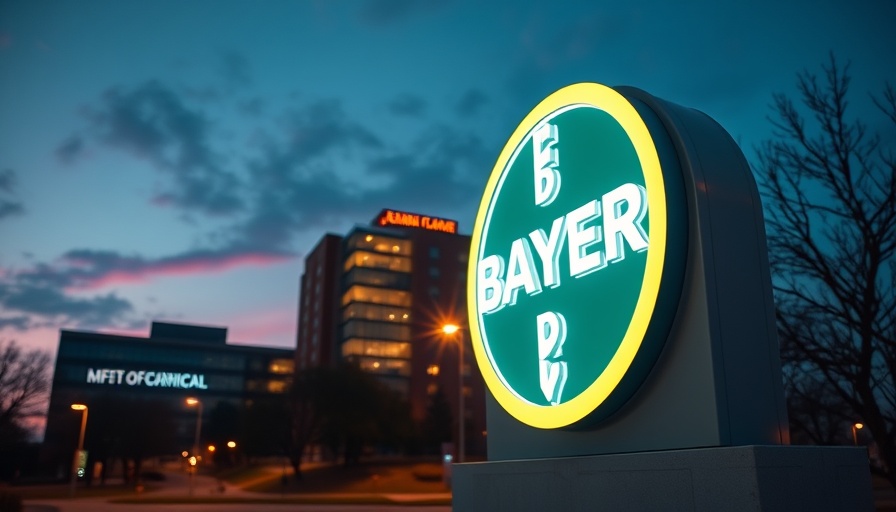
How Bayer’s Innovative Approach Targets Liver Cancer
Bayer has embarked on a promising Phase I clinical study that aims to explore the efficacy of an alpha radiopharmaceutical targeting GPC3 in patients with advanced hepatocellular carcinoma (HCC). Hepatocellular carcinoma, being the most common form of liver cancer, poses substantial challenges in treatment options, especially in its late stages. The mechanism behind GPC3 (Glypican-3) as a target stems from its overexpression in several cancers, notably liver tumors, making it a critical node in cancer research focused on personalized medicine.
The Challenges of Advanced Hepatocellular Carcinoma
Advanced HCC represents a severe health crisis affecting a significant number of patients worldwide. Traditional treatments have often been ineffective at later stages of the disease, leading researchers to explore innovative solutions like Bayer’s approach. Current therapies often have limited efficacy, making Bayer’s targeted strategy particularly important. By focusing on the specific cancer cell markers like GPC3, there’s potential for more effective treatment, with fewer side effects compared to conventional methodologies.
Understanding Radiopharmaceuticals and Their Role in Cancer Treatment
Radiopharmaceuticals combine both diagnostic and therapeutic components, allowing for a dual-action mechanism in treatment methodologies. The use of alpha radiation, known for its potent ability to destroy cancer cells while sparing surrounding healthy tissues, positions Bayer's study at the forefront of oncology advancements. This localized destruction could revolutionize treatment for HCC patients, creating a pathway for precision medicine to flourish.
Expected Outcomes and Future Implications
By focusing efforts on early-stage clinical trials, Bayer hopes to gather critical data that could pave the way for larger studies in the future. The findings from this Phase I study will not only shape the pathway for GPC3-targeted therapies but also provide a reference point for other companies investing in similar treatments. The potential discovery of a new therapeutic avenue could redefine what is possible in the fight against liver cancer.
What This Means for Patients and the Medical Community
The introduction of therapies targeting cancer markers like GPC3 opens discussions about personalized treatment plans for patients suffering from HCC. With greater understanding and tailored approaches, both patients and healthcare professionals stand to benefit immensely. Moreover, it raises awareness about the importance of research and the continual push towards innovative solutions in oncology.
As the study progresses, the implications of Bayer's research could extend beyond liver cancer, potentially informing treatment approaches for other malignancies where GPC3 plays a role. The continuous exploration of radiopharmaceuticals could signal a new era in cancer care, enhancing understanding and treatment effectiveness.
 Add Row
Add Row  Add
Add 




Write A Comment